Safeguards sought against Internet porn.
Published:
12 April 1999 y., Monday
If schools and libraries want federal money to subsidize Internet access, the Clinton administration says they should have policies to protect children from smut and other inappropriate material on the Web. L. Irving, chief of the Commerce Department_s National Telecommunications and Information Administration, urged the Federal Communications Commission, which oversees the Internet subsidies program, to require public schools and libraries to have such policies in place as a condition of receiving the subsidies. These policies should ``offer reasonable assurances to parents that safeguards will be in place in the school and library setting that permit users to be empowered to have educational experiences consistent with their values.' Irving said Thursday that the administration prefers this approach over ordering schools and libraries to use filtering or blocking software to keep kids away from the seamy side of the Internet. Bipartisan legislation pending in the Senate would require schools and libraries to install such computer software.
Šaltinis:
AP
Copying, publishing, announcing any information from the News.lt portal without written permission of News.lt editorial office is prohibited.
The most popular articles

The European Commission announced today the award of three of the six contracts for the procurement of Galileo’s initial operational capability.
more »
 Mobile phone giant Nokia is enlisting Britain’s young entrepreneurs to build new businesses using its career services app, JobLens. Launched in June, JobLens is a Windows Phone 8 app that helps users search for jobs in their local area.
more »
Mobile phone giant Nokia is enlisting Britain’s young entrepreneurs to build new businesses using its career services app, JobLens. Launched in June, JobLens is a Windows Phone 8 app that helps users search for jobs in their local area.
more »
 A new map of Antarctica illustrates for the first time how ice moves across the continent.
more »
A new map of Antarctica illustrates for the first time how ice moves across the continent.
more »
 The US Department of Defense's innovations arm, known as DARPA, has released test-flight video of its experimental hypersonic aircraft travelling at a speed of Mach 20, about 13,000 miles per hour.
more »
The US Department of Defense's innovations arm, known as DARPA, has released test-flight video of its experimental hypersonic aircraft travelling at a speed of Mach 20, about 13,000 miles per hour.
more »
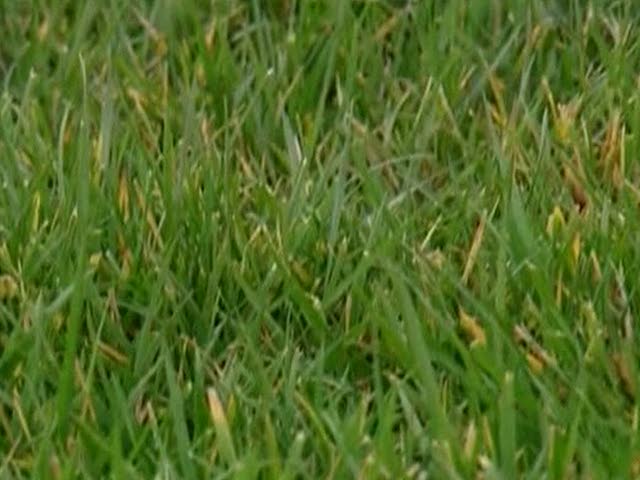 New Zealand scientists have developed a designed to reduce the number of bird strikes at airports.
more »
New Zealand scientists have developed a designed to reduce the number of bird strikes at airports.
more »
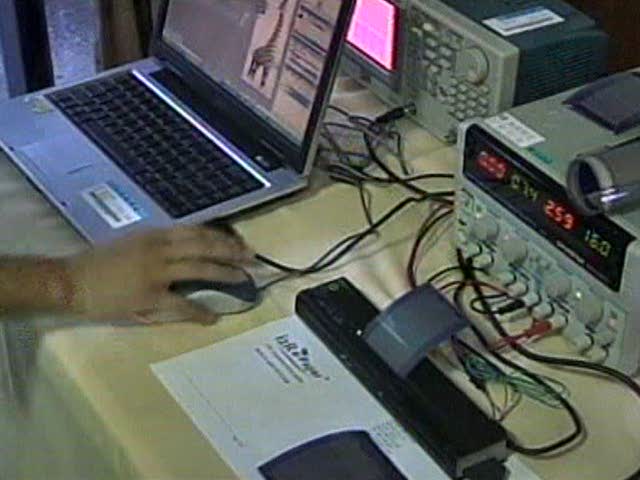 Taiwanese researchers are taking recycling to a new level with "i2r e-Paper", a rewritable electronic paper that can be re-used up to 260 times. The developers say their e-paper will soon replace the conventional paper used for signs and posters.
more »
Taiwanese researchers are taking recycling to a new level with "i2r e-Paper", a rewritable electronic paper that can be re-used up to 260 times. The developers say their e-paper will soon replace the conventional paper used for signs and posters.
more »
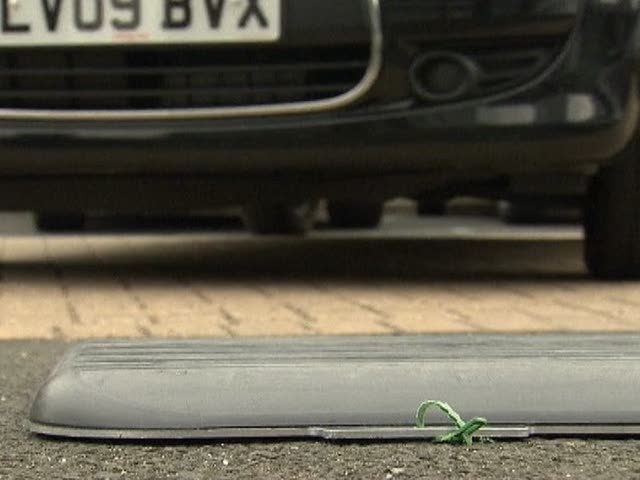 Wireless car technology promises charge-free future for motorists
While electric-powered cars are rapidly gaining momentum as a viable alternative to conventional petrol-driven vehicles, there are now moves afoot to produce cars that can be charged wirelessly. The technology behind wireless electric cars could herald an idyllic future for motorists in which they can drive as far as they like without ever worrying about recharging.
more »
Wireless car technology promises charge-free future for motorists
While electric-powered cars are rapidly gaining momentum as a viable alternative to conventional petrol-driven vehicles, there are now moves afoot to produce cars that can be charged wirelessly. The technology behind wireless electric cars could herald an idyllic future for motorists in which they can drive as far as they like without ever worrying about recharging.
more »
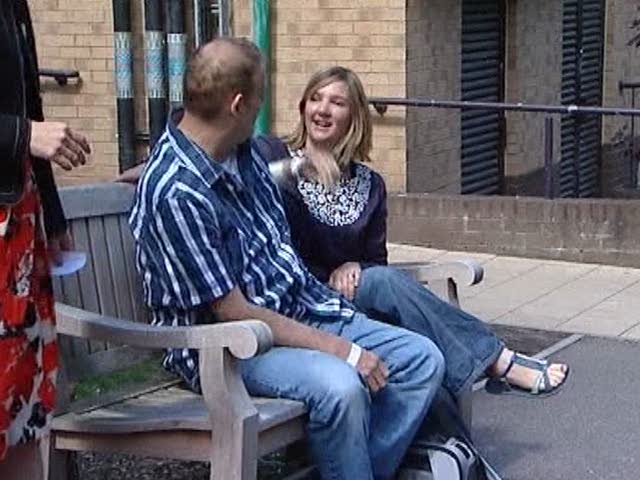 A British man is preparing to leave hospital after pioneering surgery to install an artificial heart implant. The implant is powered by a portable driver worn in a shoulder bag and is designed to keep Matthew Green alive while he waits for a heart transplant.
more »
A British man is preparing to leave hospital after pioneering surgery to install an artificial heart implant. The implant is powered by a portable driver worn in a shoulder bag and is designed to keep Matthew Green alive while he waits for a heart transplant.
more »
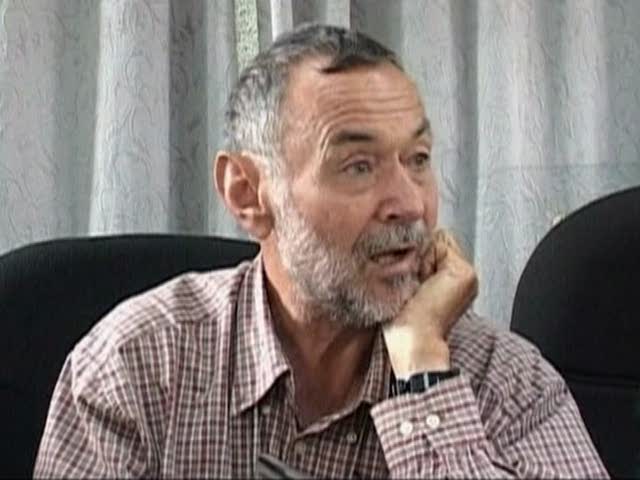 A twenty million year-old fossil, thought to be from a distant cousin of modern apes, is discovered in Uganda.
more »
A twenty million year-old fossil, thought to be from a distant cousin of modern apes, is discovered in Uganda.
more »
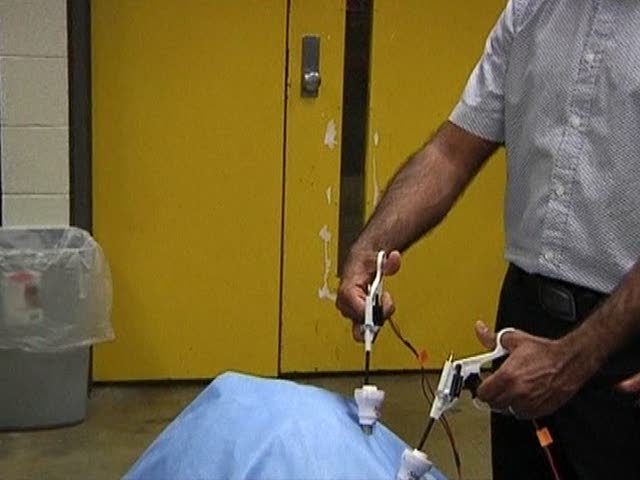 Forget scrubbing up, a new virtual surgery simulator uses the latest computer technology to train surgeons for laproscopic surgery, dramatically decreasing the need for practice on human patients.
more »
Forget scrubbing up, a new virtual surgery simulator uses the latest computer technology to train surgeons for laproscopic surgery, dramatically decreasing the need for practice on human patients.
more »
 A group of British scientists have expressed concerns that experiments on primates could give rise to a 'Planet of the Apes' type scenario.
more »
A group of British scientists have expressed concerns that experiments on primates could give rise to a 'Planet of the Apes' type scenario.
more »